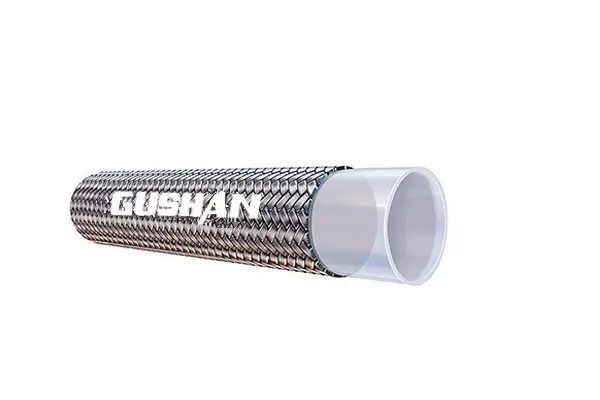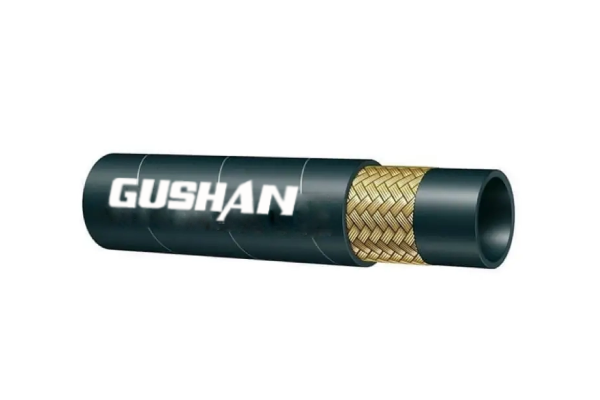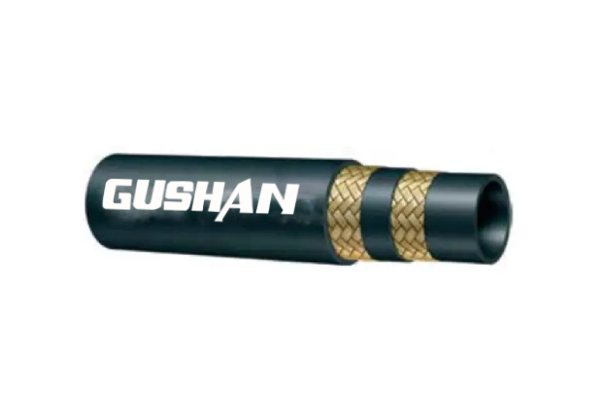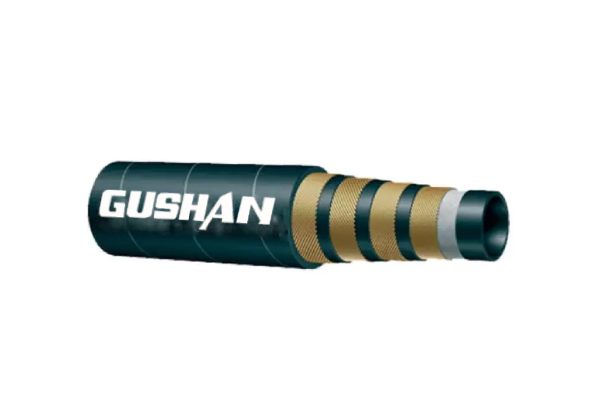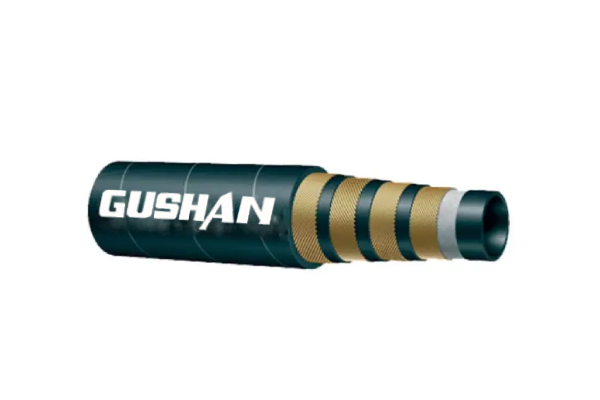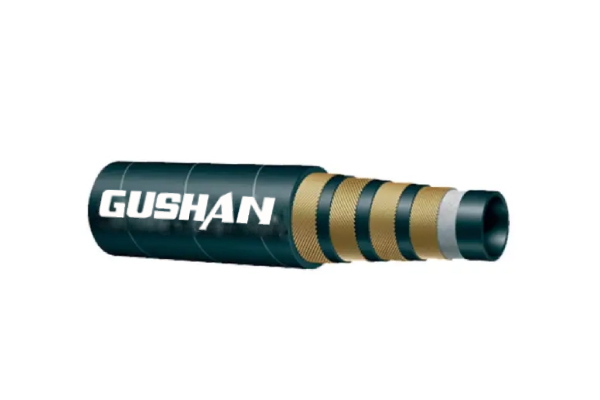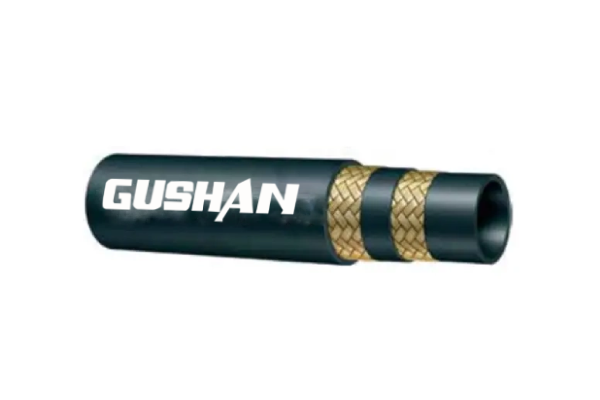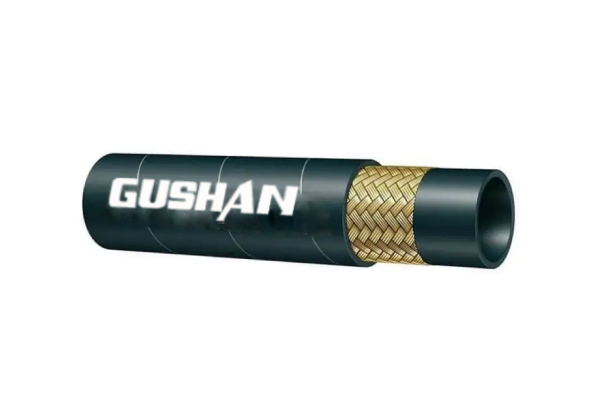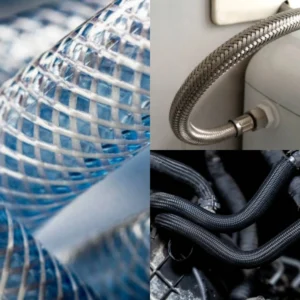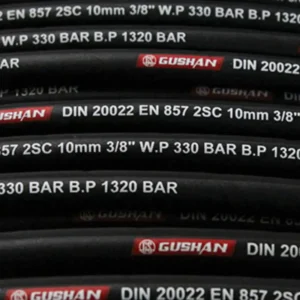The question of whether hydraulic hoses can be used for natural gas is a critical one, given the distinct properties and safety requirements of each fluid. Hydraulic systems typically operate under high pressures with hydraulic fluids, while natural gas transport involves different pressures and potential hazards. Understanding the material compatibility and safety standards is essential to prevent leaks and catastrophic failures.
This blog post delves into the specific characteristics of hydraulic hoses and natural gas, exploring the potential risks and safety considerations associated with using hydraulic hoses for natural gas applications. We’ll examine the relevant industry standards and material compatibility guidelines to provide a comprehensive understanding of this complex issue.
What Are Hydraulic Hoses
Recommended Hydraulic Hoses
-
SAE 100 R14
-
SAE 100R 1A / DIN EN853 1ST
-
SAE 100R 2A / DIN EN853 2ST
-
SAE 100R12
-
SAE 100R15
-
SAE 100R13
-
SAE 100R16
-
SAE 100R17
Hydraulic hoses are flexible, reinforced conduits designed to transport hydraulic fluid under high pressure within a hydraulic system. They are essential components in various industrial and mobile applications, enabling the transfer of power to actuators, motors, and other hydraulic components. Unlike rigid pipes or tubes, hydraulic hoses offer flexibility, allowing for movement and vibration dampening in dynamic environments.
These hoses are engineered with multiple layers, including an inner tube for fluid compatibility, reinforcement layers (typically steel wire braids or spirals) for pressure resistance, and an outer cover for protection against abrasion, weather, and chemicals. This multi-layered construction enables hydraulic hoses to withstand high pressures, extreme temperatures, and harsh operating conditions, ensuring reliable fluid transfer and system performance.
Can Hydraulic Hose Be Used for Natural Gas?
Standard hydraulic hoses are generally not suitable for natural gas applications. Hydraulic fluids and natural gas have vastly different properties, and hoses designed for one are not necessarily compatible with the other. Hydraulic hoses are typically designed to handle non-compressible fluids under high pressure, while natural gas is a compressible, flammable gas. Using the wrong type of hose can lead to leaks, degradation of the hose material, and potentially dangerous situations.
Natural gas requires hoses specifically designed to handle its unique characteristics. These hydraulic hoses are often made from materials like nitrile rubber or PTFE, which are resistant to natural gas and its potential for leakage. They are also constructed to meet specific safety standards and certifications to ensure they can withstand the pressures and temperatures associated with natural gas transport.
Using standard hydraulic hoses for natural gas poses significant safety risks. Natural gas leaks can lead to fires or explosions, and the hose material may degrade over time, leading to failures. It is crucial to use hoses that are explicitly designed and certified for natural gas applications to ensure safety and prevent accidents. Always consult with industry experts and adhere to relevant safety standards when working with natural gas systems.
Can Hydraulic Hose Be Used for Gasoline
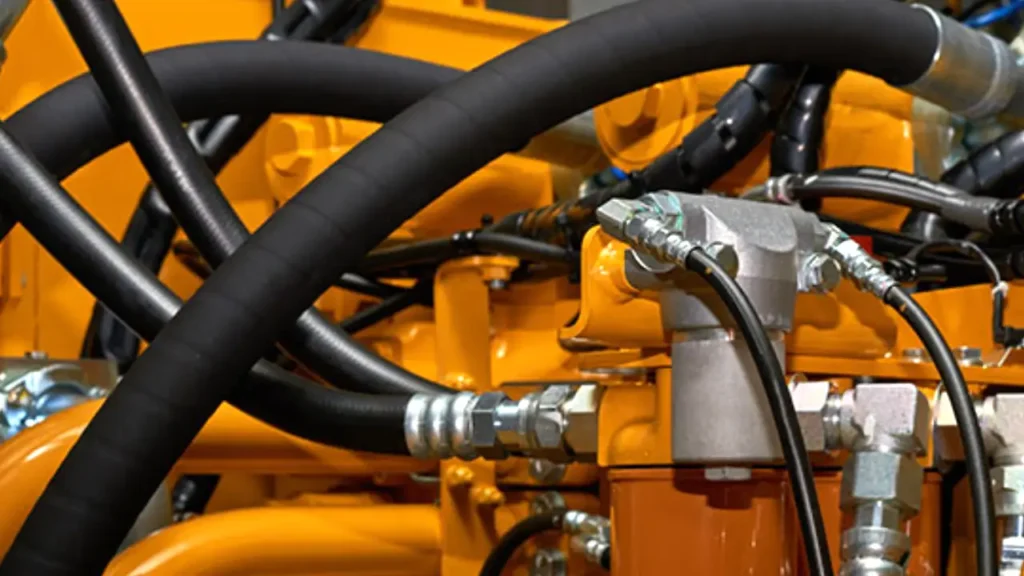
Standard hydraulic hoses are generally not recommended for use with gasoline. Gasoline has chemical properties that can degrade many common hydraulic hose materials over time, leading to leaks, failures, and potentially hazardous situations. Hydraulic hoses are designed to handle hydraulic fluids, which have different chemical compositions and viscosities compared to gasoline.
Gasoline is a petroleum-based product that can cause certain rubber compounds to swell, soften, or deteriorate. This degradation can weaken the hose’s structural integrity, increasing the risk of ruptures and fuel leaks. Additionally, gasoline is highly flammable, so any leaks pose a significant fire hazard. It’s crucial to use hoses specifically designed and rated for gasoline applications to ensure safety and prevent accidents.
For applications involving gasoline, it’s essential to use hoses that are specifically engineered to handle fuels. These fuel hoses are typically made from materials such as nitrile rubber or other fuel-resistant compounds. They also often meet specific industry standards and certifications that ensure they can safely handle gasoline’s chemical properties. Always consult with hose manufacturers or industry experts to determine the appropriate hose for gasoline transfer.
Can Hydraulic Hose Be Used for Propane
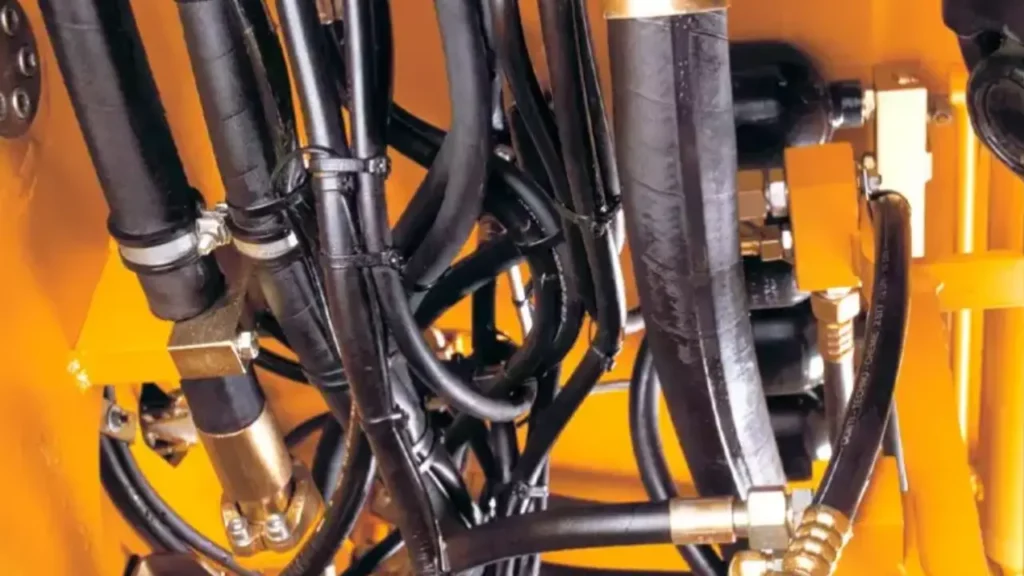
Using standard hydraulic hoses for propane is generally not recommended and can be dangerous. Propane is a liquefied petroleum gas (LPG) with different chemical properties compared to hydraulic fluids. Standard hydraulic hoses are designed to handle non-compressible fluids under high pressure, while propane is a compressible gas that can permeate through certain hose materials, leading to leaks and potential safety hazards.
Propane requires hoses specifically designed to handle its chemical properties and pressure requirements. These hoses are typically made from materials like nitrile rubber or thermoplastic, which are resistant to propane’s permeation and degradation. They also meet specific safety standards and certifications to ensure they can withstand the pressures and temperatures associated with propane transfer.
The risks associated with using standard hydraulic hoses for propane include leaks, which can lead to fire or explosion hazards. Propane can also degrade certain hose materials over time, weakening the hose and increasing the risk of failure. It is crucial to use hoses that are explicitly designed and certified for propane applications to ensure safety and prevent accidents. Always consult with industry experts and adhere to relevant safety standards when working with propane systems.
Conclusion
In conclusion, using standard hydraulic hoses for natural gas applications is highly discouraged due to significant safety risks. Natural gas requires hoses specifically designed to handle its unique properties, including high flammability and potential for leakage. Employing incompatible hoses can lead to catastrophic failures, posing severe dangers to personnel and property.
Selecting the correct hose material, pressure rating, and certification is paramount for safe natural gas transfer. Specialized gas hoses, often made from materials like nitrile or PTFE, ensure leak-free and reliable performance. Adhering to industry standards and regulations is crucial for preventing accidents and ensuring system integrity.
For reliable, high-quality hydraulic hoses tailored to diverse industrial needs, consider Gushan Rubber. We offer a wide selection of durable, reliable hydraulic hoses designed to meet stringent industry standards. Contact us today to explore our wholesale options and ensure your hydraulic systems operate with maximum performance and safety.

